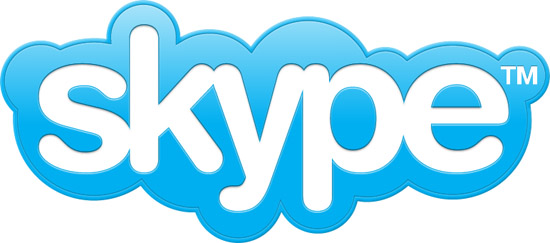
In an interesting move, superpower Google bought the consumer-oriented arm of Motorola known as Motorola Mobility for a cool $12.5 billion (at a price of $40 per share) on Monday. In a press release the pending acquisition is explained:
The acquisition of Motorola Mobility, a dedicated Android partner, will enable Google to supercharge the Android ecosystem and will enhance competition in mobile computing. Motorola Mobility will remain a licensee of Android and Android will remain open. Google will run Motorola Mobility as a separate business.
Google CEO Larry Page says, “Motorola Mobility’s total commitment to Android has created a natural fit for our two companies. Together, we will create amazing user experiences that supercharge the entire Android ecosystem for the benefit of consumers, partners and developers. I look forward to welcoming Motorolans to our family of Googlers.”
This is a huge move made by Google. Like Microsoft and Nokia, Google and Motorola are going to take advantage of their partnership by harnessing the power of Android software and the might of Moto’s hardware to create amazing products for consumers. Keep in mind that the Mobility division goes beyond smartphones and also includes other consumer devices like set top boxes; no doubt Google will work with Motorola to ensure the growth of products like Google TV. And on the business end of things, the acquisition “will increase competition by strengthening Google’s patent portfolio, which will enable us to better protect Android from anti-competitive threats from Microsoft, Apple and other companies,” says Page.
As the acquisition takes hold, a few questions remain. What will happen to Moto’s custom Android skin called MotoBlur? Will all future handsets built by Moto come loaded with the latest version of plain vanilla Android? Will the next Nexus phone come from Goog’s new partner? Time will tell.
One thing’s for certain: even though Google and Moto are tied to one another, the Android platform remains open for all hardware manufacturers to utilize; healthy competition is here to stay. Full PR after the break.
[Via GoogleBlog] Continue reading Google buys Motorola Mobility for $12.5 billion







